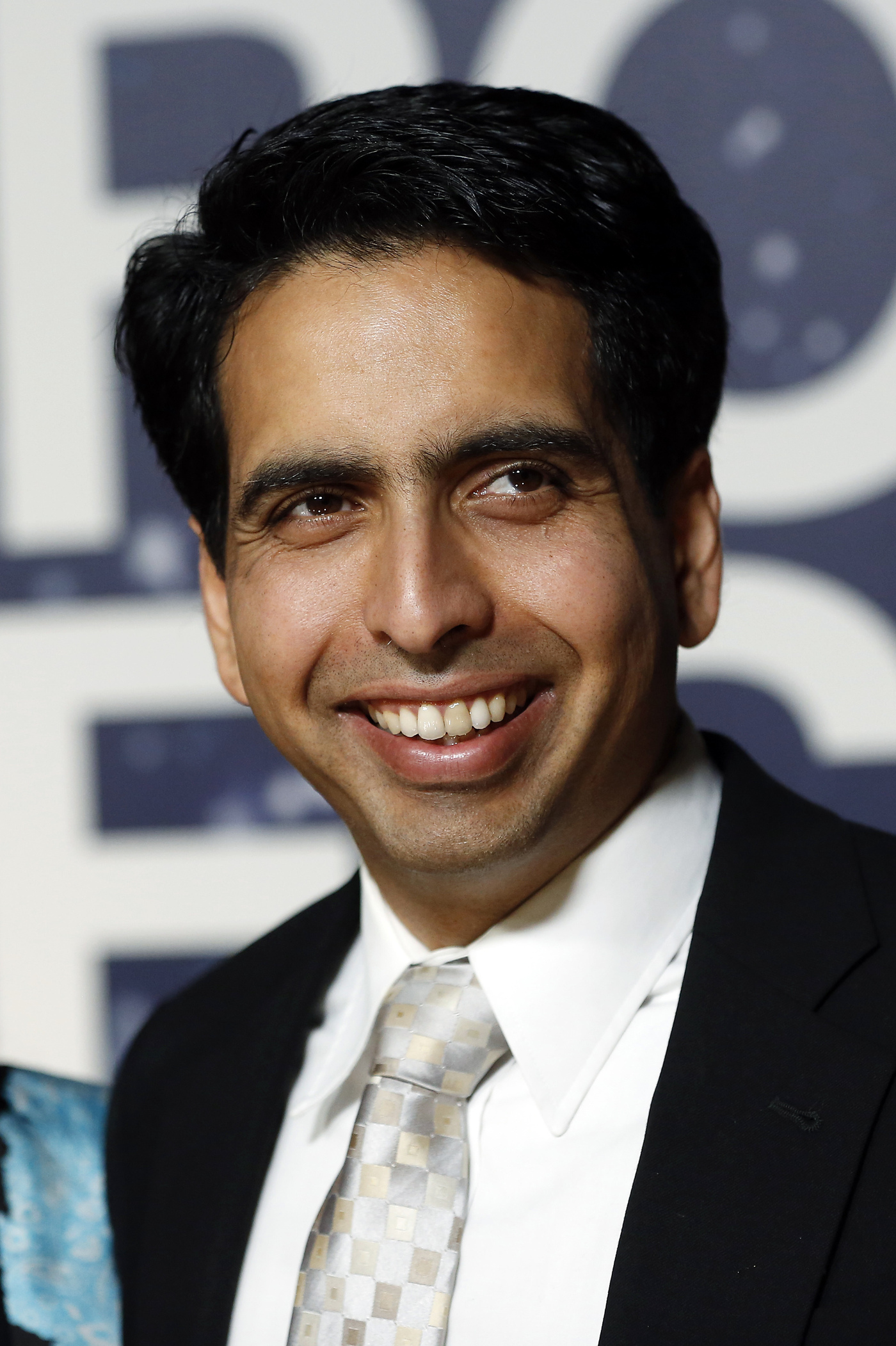

“When you’re trying to get your mind around something it’s very stressful when a live human being is like, ‘hey, have you gotten it yet?’” Khan said.

He also noted that the current system forces students who may not have fully absorbed material to move on to the next level, setting up learning gaps that derail their entire academic track.Īnother benefit of online learning is eliminating the discomfort that can come from one-on-one tutoring. “The real problem was the process, the process was absurd,” he said.Ĭomplete “State of the Valley” 2014 coverage from the Peninsula Press: Silicon Gap: Widening Inequality in the Valley Khan said the real innovation behind his work was tackling the education process. “We group students together by age and we move them together,” Khan said. It’s a model that differs greatly from today’s traditional school system. As students master basic elements of a given topic, they move on to a more advanced concept.

Khan noted that the online learning platform allows students to learn at a pace that is most beneficial for them. The nonprofit’s mission is to provide a free, high-quality education for “anyone, anywhere” and features more than 100,000 practice exercises and 6,000 instructional videos on a variety of topics including math, science and the humanities.

The educational website Khan Academy is a free online education platform that aims to bridge the learning gap by providing tools for a multitude of users. “Khan Academy is a tool, like any tool it’s there to empower the users of the tool,” Khan said at Friday’s State of the Valley conference, where he received the organization’s David Packard Award for Civic Entrepreneurship. Khan Academy founder Salman Khan hopes that online technology will play a critical role in closing the education gap in Silicon Valley and beyond.


 0 kommentar(er)
0 kommentar(er)
